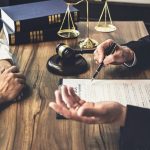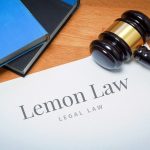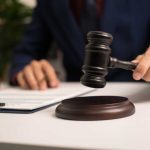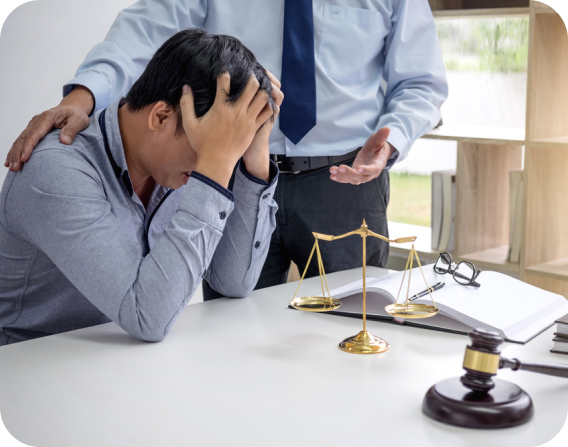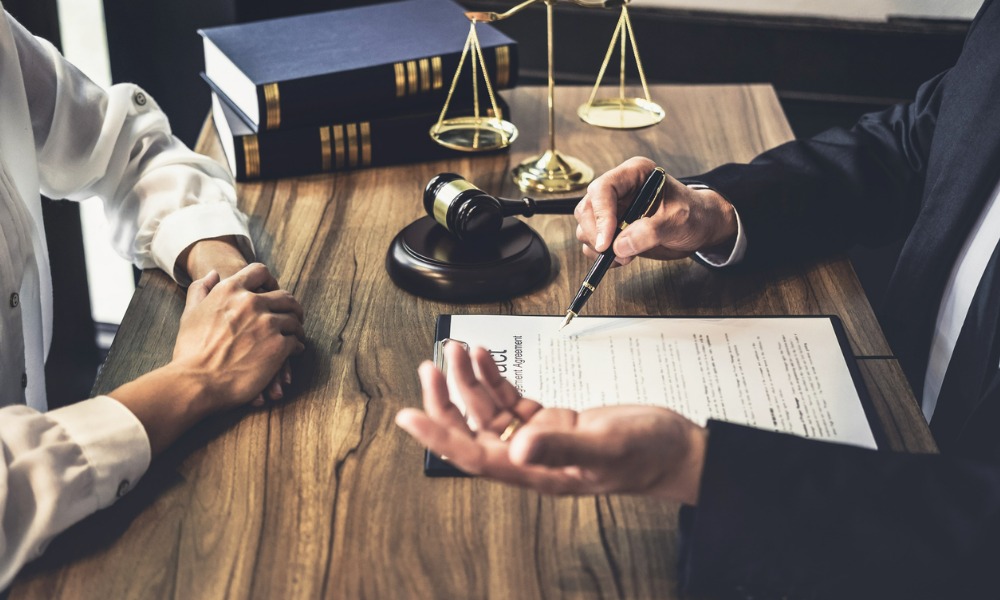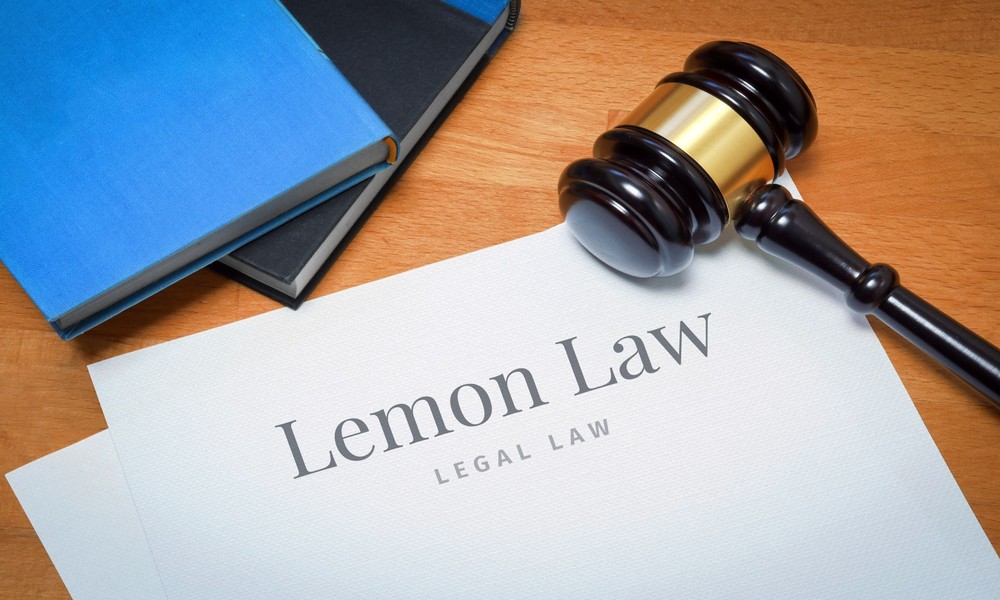Losing a loved one because someone else broke the rules of safety is both devastating and disorienting. In those moments, families are often left asking what justice looks like, and how to get there without being overwhelmed. Pensacola Wrongful Death Lawyers work within Florida’s specific statutes to establish liability, quantify losses, and guide relatives through an emotionally charged process. From evidence preservation to expert reconstruction and jury presentation, the path is exacting but navigable. Below is a clear look at how wrongful death claims are proven and pursued in Pensacola and across Florida.
Establishing liability and determining wrongful conduct under Florida law
Florida’s Wrongful Death Act (Fla. Stat. §§ 768.16–768.26) governs who may bring a claim, what damages are allowed, and how fault is proven. The personal representative (PR) of the decedent’s estate files the lawsuit on behalf of the survivors and the estate, identifying each beneficiary and their relationship to the deceased. For further insight into Florida wrongful death litigation procedures and liability standards, www.michlesbooth.com for comprehensive legal resources and case information.
Liability hinges on showing wrongful conduct, typically negligence, but sometimes recklessness, intentional acts, or a product defect. In negligence cases, the core elements are duty, breach, causation, and damages:
- Duty: The defendant owed a legal duty to act reasonably (a driver following traffic laws: a property owner addressing known hazards: a healthcare provider meeting the professional standard of care).
- Breach: The duty was violated. Examples include texting while driving, failing to secure a workplace machine guard, ignoring a known fall hazard, or deviating from accepted medical protocols.
- Causation: The breach must be both the actual and proximate cause of death. In practice, that means connecting the conduct to the fatal outcome without intervening causes that break the chain of responsibility.
- Damages: The death creates quantifiable losses to survivors and to the estate (addressed below).
Florida follows a comparative fault system. If the decedent shares some responsibility, the recovery may be reduced by that percentage. For example, if a jury finds a trucking company 80% at fault and the decedent 20% at fault, the damages are reduced accordingly.
Special contexts add nuance. In product liability, the focus may shift to design defects, manufacturing errors, or inadequate warnings. In premises cases, constructive knowledge of a hazard and reasonable inspection protocols can become central. In medical malpractice wrongful death claims, experts must support the standard-of-care breach and causation under Chapter 766’s presuit requirements.
Punitive damages may be available when conduct was intentional or grossly negligent (Fla. Stat. § 768.72). They’re designed to punish and deter, not compensate, and require clear and convincing evidence. Courts may cap punitive awards depending on the facts, but egregious misconduct can open the door to higher limits.
Practically, establishing liability starts immediately: preserving vehicles and event data recorders, sending spoliation letters to keep surveillance footage and logs, collecting 911 recordings, securing medical and autopsy records, interviewing eyewitnesses, and retaining the right experts. In Pensacola and the greater First Judicial Circuit (Escambia, Santa Rosa, Okaloosa, and Walton counties), judges expect parties to move efficiently on evidentiary preservation, because early proof often makes or breaks a case.
Economic and emotional damages recoverable by surviving relatives
Florida law distinguishes between damages available to survivors and those recoverable by the estate.
Survivors (spouse, children, parents, and certain dependent relatives) may recover:
- Loss of support and services from the date of injury to death and into the future, valued based on the decedent’s probable net income and the relative’s relationship and dependency.
- Loss of companionship and protection (for a surviving spouse).
- Mental pain and suffering: available to a surviving spouse and to minor children: parents may claim mental pain and suffering for the death of a minor child, and for an adult child when there are no other survivors.
- Medical and funeral expenses if a survivor personally paid them.
The estate may recover:
- Lost earnings of the decedent from the date of injury to death.
- Loss of prospective net accumulations (what the decedent would likely have saved and left to the estate, if the decedent was a wage earner with an expected working life).
- Medical and funeral expenses paid by the estate.
These categories aren’t theoretical. They’re grounded in documents and testimony: pay stubs, tax returns, employment records, expert life-care and economic reports, and personal accounts that explain the day-to-day loss behind the numbers. Florida’s Standard Jury Instructions guide how jurors weigh each element, including future losses discounted to present value.
Two issues often shape outcomes:
- Comparative fault reduces awards proportionally. Thorough liability work protects the damages case.
- The nature of the relationship matters. A spouse’s testimony about routines, shared plans, and mutual support can be powerful. So can a parent’s or child’s careful description of guidance, care, and irreplaceable presence.
While no amount of money replaces a life, full and fair compensation helps stabilize a family’s future, covering mortgages, education, retirement, and the support systems that grief alone can’t fund.
How expert reconstruction helps clarify fatal-accident circumstances
Expert reconstruction turns fragments of data into a coherent narrative the jury can trust. In transportation deaths, accident reconstructionists analyze scene measurements, crush profiles, skid marks, event data recorders (EDRs), GPS logs, and dashcam or intersection video. For commercial vehicles, they’ll also pull ECM downloads, hours-of-service logs, dispatch instructions, and maintenance records to uncover fatigue, speed, or brake defects.
Human factors experts explain perception-reaction times and visibility: biomechanical engineers address injury mechanics and whether forces match the claimed sequence: pathologists and medical experts connect trauma to cause of death: and toxicologists evaluate impairment. In premises or workplace fatalities, engineers may test slip resistance, lighting, machine guarding, lockout/tagout compliance, or fall-protection systems. Product cases often require design and warnings experts.
For families, this work isn’t abstract. A well-documented reconstruction can rebut a defense narrative (“there was no time to avoid impact”) or expose the truth behind a sanitized incident report. Pensacola juries tend to respond to clear visuals, scaled diagrams, animations grounded in data, and side-by-side comparisons of safe vs. unsafe practices. The key is credibility: solid inputs, transparent methods, and conclusions that align with physical evidence and medical findings.
Statute-of-limitations requirements for wrongful-death filings
Timing is critical. In Florida, the statute of limitations for wrongful death is generally two years from the date of death (Fla. Stat. § 95.11). Waiting can be costly: evidence disappears, memories fade, and defendants reorganize or dissolve.
There are nuances:
- Medical malpractice wrongful death claims retain Chapter 766 presuit requirements and a two-year limitations period, often tied to when the incident was discovered or should have been discovered, with a statute of repose that can bar claims after a set number of years absent fraud or concealment.
- Claims against government entities require strict compliance with sovereign immunity procedures (Fla. Stat. § 768.28), including timely notice and a waiting period before filing suit.
- Tolling can apply in limited circumstances, such as active criminal investigations into a homicide or where the defendant engages in intentional concealment.
Because only the personal representative may file the civil action, families typically open an estate in probate court to appoint the PR before suit. In Escambia County and neighboring counties, probate coordination and early evidence preservation often run in parallel. Consulting Pensacola Wrongful Death Lawyers early helps ensure the claim is timely and procedurally sound.



